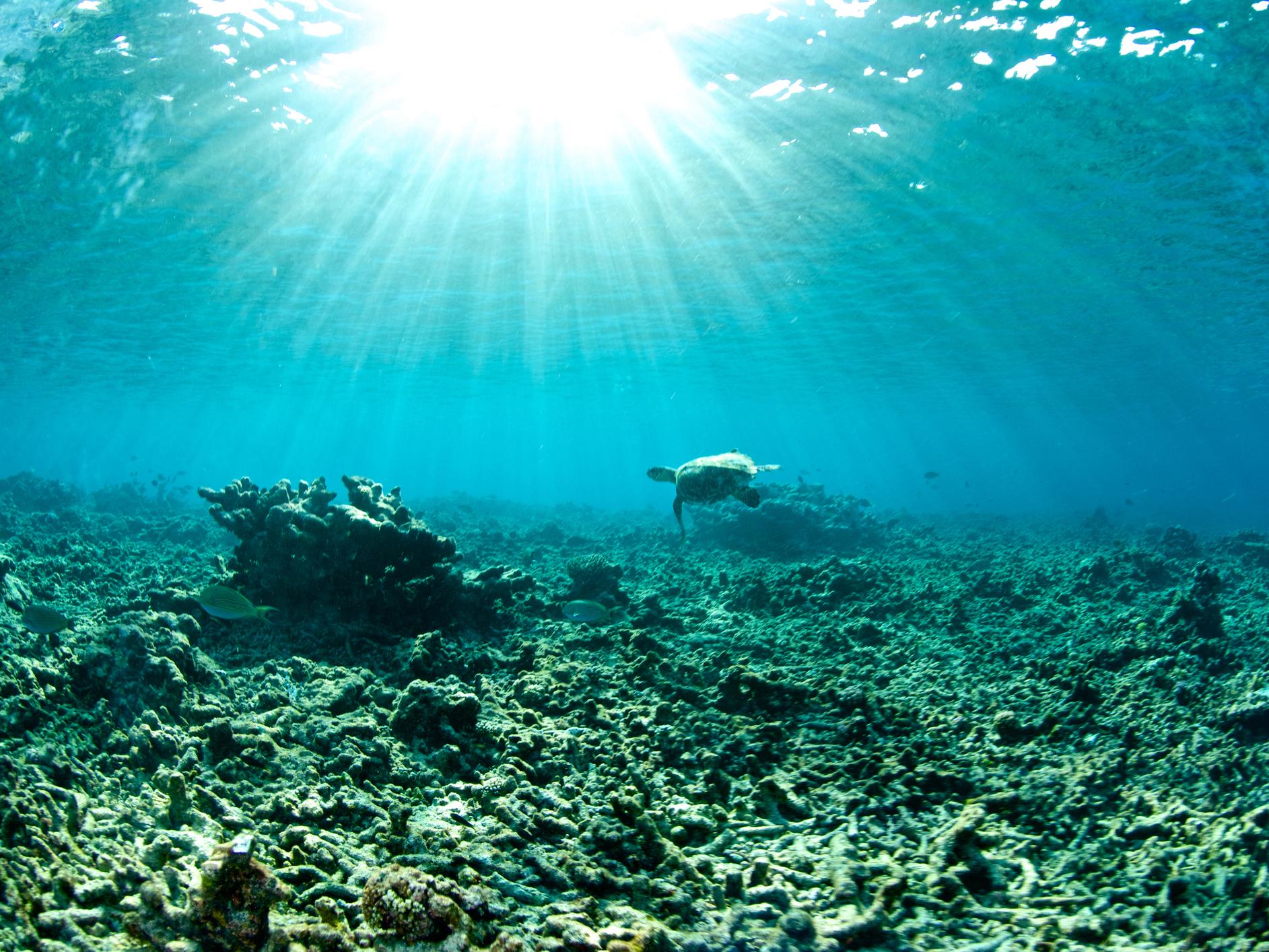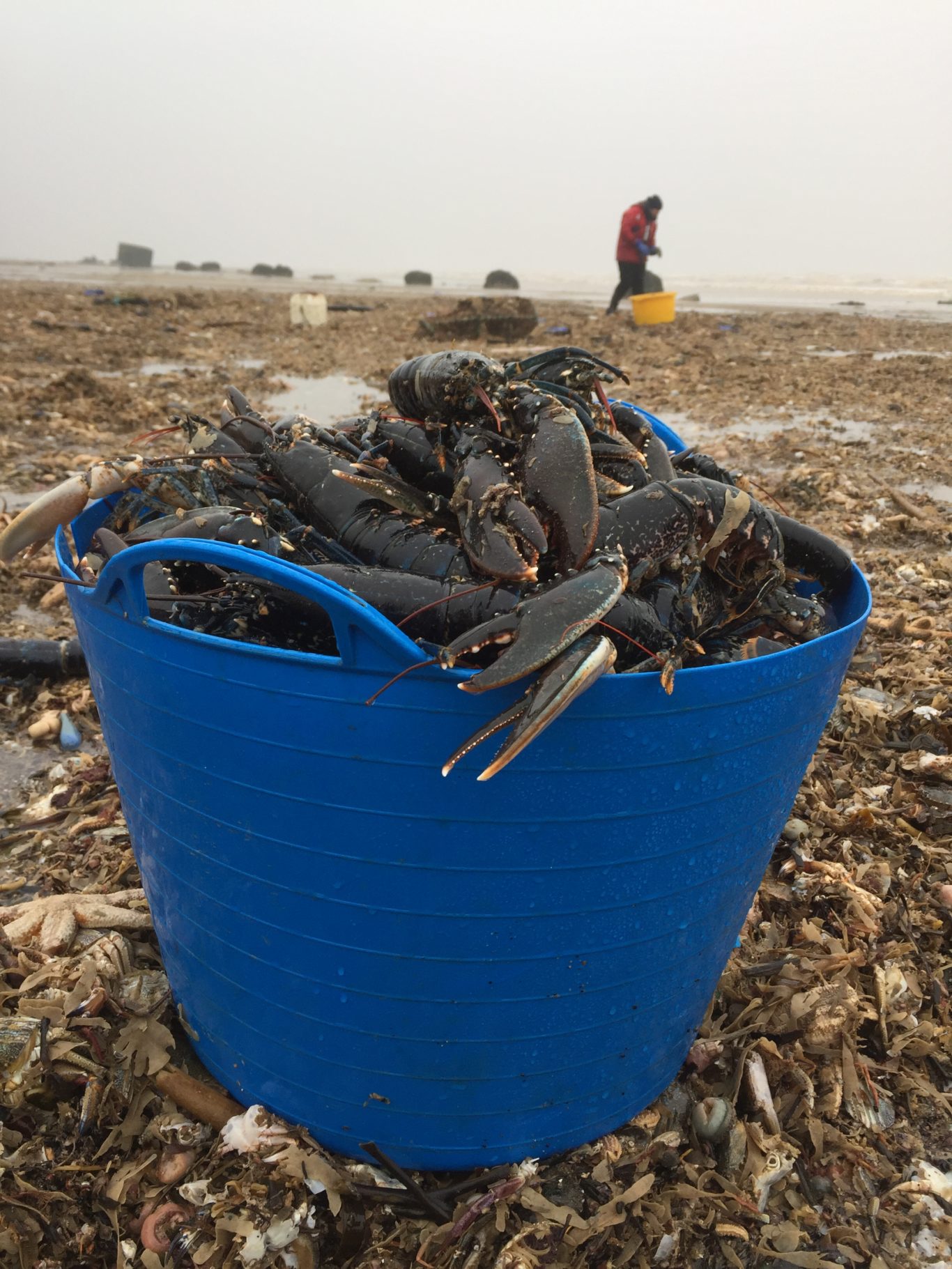

Some creatures, like quick-growing mussels and barnacles, will likely return within a couple of years, but the extent of the overall damage will be hard to determine. The scale of the impact is hard to determine in the short term, Harley said. “It’s really an extensive event,” said Harley, adding he’s heading to the Gulf Islands to survey the damage there. Harley is researching the mass death of intertidal animals. Harley has got reports of dead barnacles from other areas as far north as Klemtu on British Columbia’s central coast and is hearing about baked clams south of the United States border in Hood Canal. “There is no new normal, it’s just constantly changing.” “There are more heat waves, and they are more severe,” he said, adding the baseline for climate conditions is shifting rapidly. And that is a powerful bellwether for what’s in store for us from climate change, Harley said. The heat wave-which is also likely responsible for the deaths of hundreds of British Columbians -triggered temperatures of close to 104 degrees in areas along the typically temperate coast. The hottest days coincided with extremely low tides, leaving marine creatures stranded in the heat for up to six hours. “We realized most of the mussels had already died, and everything that was sitting in the sun was in real trouble.” “We realized most of the mussels had already died, and everything that was sitting in the sun was in real trouble.” “Walking out on the shore, the first thing that I noticed was the smell,” Harley said.

The marine ecologist, who specializes in the effects of climate change, started surveying the impacts of the extreme heat at Kitsilano Beach and Lighthouse Park - where Harley recorded temperatures of up to 50 C along the black, rocky shoreline. The heat and the stench were staggering after masses of mussels, barnacles, clams, hermit crabs, and starfish cooked to death at a number of Lower Mainland beaches, said Harley. More than one billion marine intertidal animals may have perished along the shores of the Salish Sea during the record temperatures at the end of June, said University of British Columbia researcher Chris Harley. The ecological devastation of British Columbia’s recent heat wave is just starting to be understood after record temperatures paired with low tides wreaked havoc along the West Coast.

This story was originally published by Canada’s National Observer and is reproduced here as part of the Climate Desk collaboration. A blue sea star on the central coast of British Columbia.


 0 kommentar(er)
0 kommentar(er)
